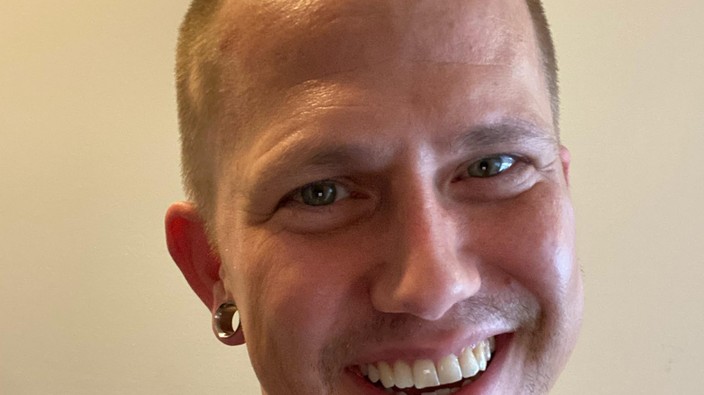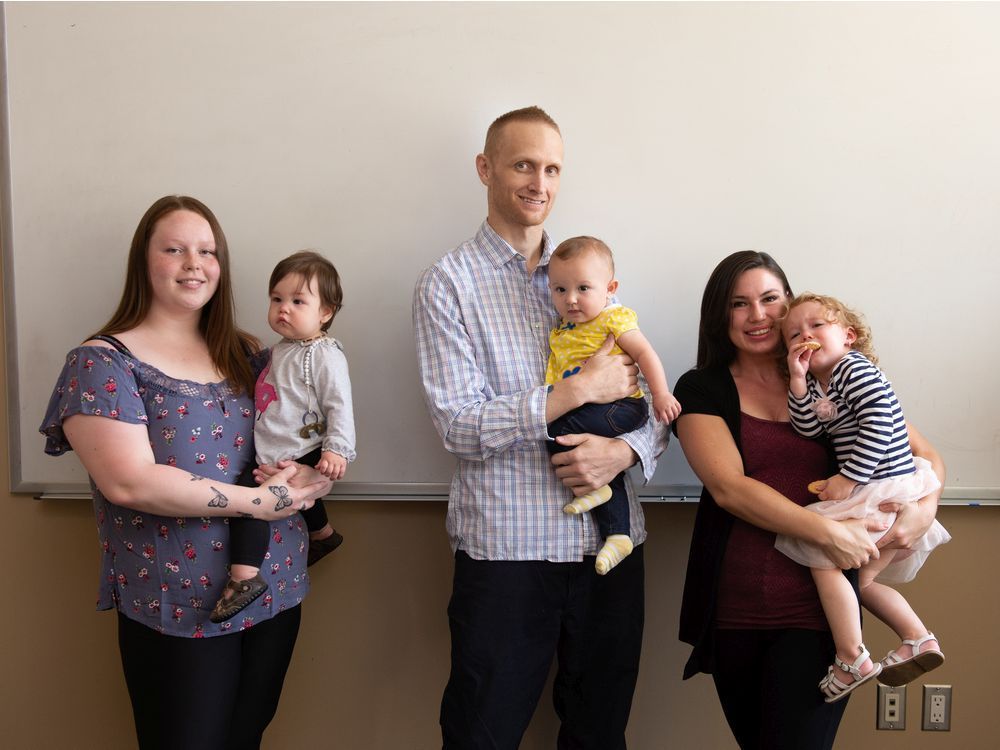i was like a six-year-old kid there — just so happy to be learning not just how to get sober and prevent a relapse, but also learning about my addiction and what led to it, like the bed wetting and the insecurity.
i did find myself not really wanting to leave rehab while i was in there though, because i loved it. that’s common among my peers, a lot of people didn’t want to leave — we call it ‘the bubble’. when you’re in there, it’s the safest place to be. but when you leave, and all those exposures come back… you can call your old dealer, for example. it’s really easy. that’s why i think a lot of people don’t want to leave, they feel safe there.
did you ever struggle with staying in the program?
i was really motivated throughout the entire thing, except for the last week and a half when i knew i was almost out. [i had] a little bit of anxiety just because i knew what to expect out there but now, i was totally clear headed, i was a totally different version of me. i didn’t know if i was going to commit, you know? i knew i was committed, but i had said that to myself so many times.
once i came home, that was it. my parents were awesome. i had asked them to get rid of all the paraphernalia in my house. i had kept one pill because i wanted it to be sort of ceremonious for when i came home — i wanted to be the one to put it in the toilet and flush it down (which is actually a horrible way to get rid of any medication. you’re not really supposed to do that.) but my parents did it anyway. when i didn’t get mad at them and i could say, ‘thank you,’ i knew i was me again. the old me would have been like, ‘why would you f**king do that? the selfish me, the ego me was gone.
 14 minute read
14 minute read









